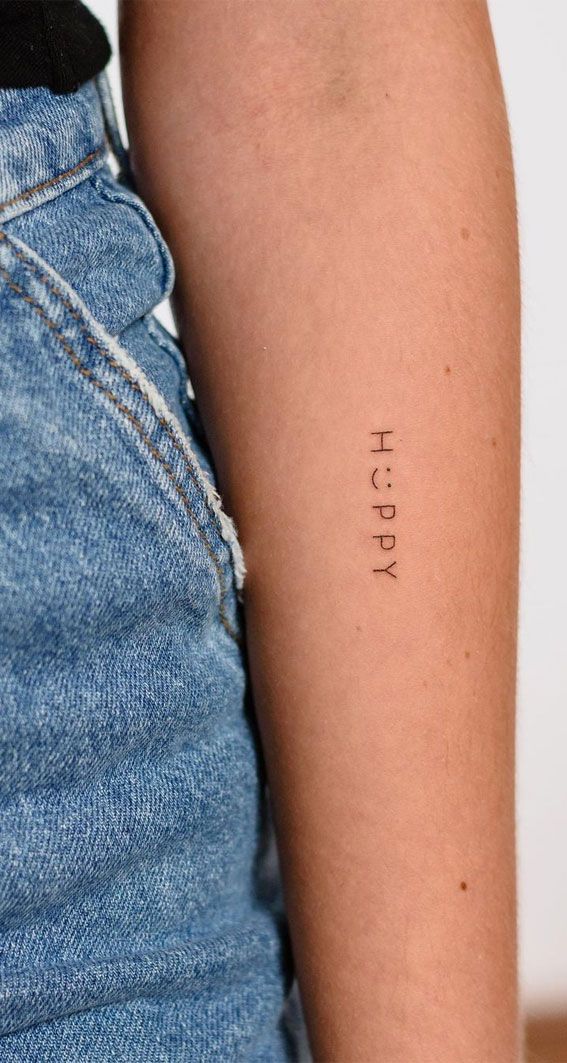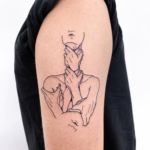Tattoos have been a form of self-expression and body art for centuries, with various cultures around the world using them to signify allegiance, status, or personal beliefs. While some people choose to get tattoos purely for aesthetic reasons, for many, tattoos hold a deeper, more profound meaning.
For some, tattoos serve as a reminder of a significant event or person in their lives. It could be a tattoo commemorating a loved one who has passed away, a symbol of overcoming a personal struggle, or a representation of a life-changing experience. These types of tattoos serve as a permanent reminder of a moment in time that has shaped the person’s identity and journey.
Others use tattoos to convey their values, beliefs, and ideologies. This could be through religious symbols, quotes, or images that hold personal meaning. These tattoos serve as a visual representation of the individual’s core beliefs and serve as a constant reminder of what they stand for.
Tattoos can also be a form of empowerment and self-acceptance. For many people, getting a tattoo is a way to reclaim control over their bodies and express their true selves. It can be a form of rebellion against societal norms or a way to embrace one’s individuality and uniqueness.
Additionally, tattoos can serve as a form of healing. For some, getting a tattoo can be a therapeutic process that helps them cope with past trauma or emotional pain. The act of getting a tattoo and the physical pain involved can be a cathartic experience that allows them to release pent-up emotions and move forward with a renewed sense of strength and resilience.
Ultimately, the meaning behind a tattoo is a deeply personal and individual choice. It is a reflection of the person’s experiences, beliefs, and identity. Whether it serves as a reminder of a significant moment, a representation of personal values, or a form of empowerment and healing, tattoos hold a special significance for many people and continue to be a powerful form of self-expression.
 innstyled Tattoo Ideas
innstyled Tattoo Ideas




















